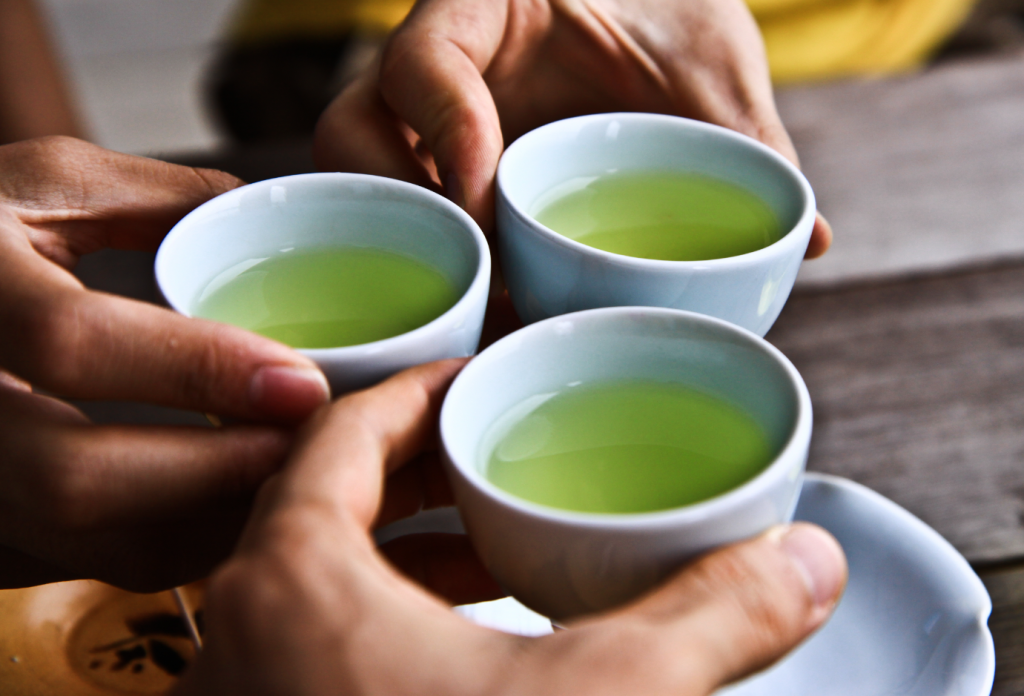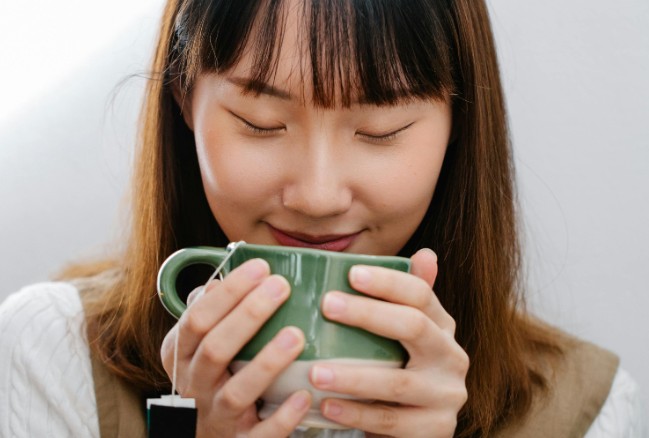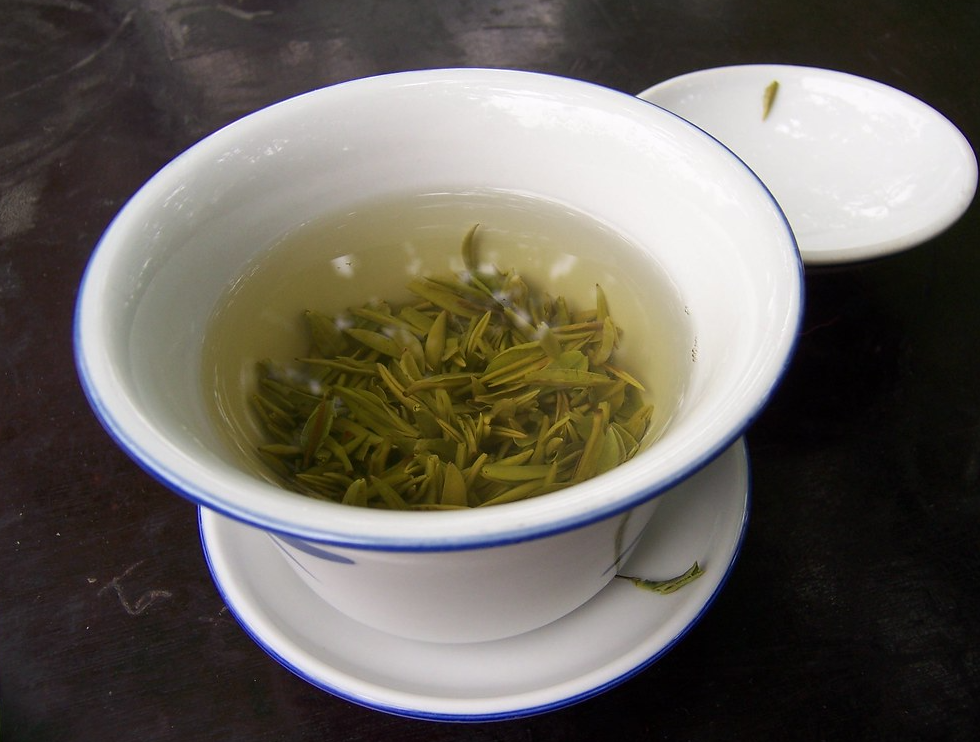Intelligence Tea: Study points cognitive benefits of drink
Green tea came to be known as intelligence tea after a study prove its cognitive benefits. Understand.

A new survey published in April in Scientific Reports He studied the effects of consumption of green tea and toasted green tea on the body, and reached interesting results. According to the article “Effects of Green Tea and Green Tea toasted in Human Responses”, Japanese green tea and toasted green tea, also called Houjicha, can improve the performance of cognitive tasks compared to water.
Houjicha is roasted on coal, making it a dark tint and unique flavor after preparation. Both it and the ordinary green tea, according to the study, can be consumed daily, even in small doses, to improve performance in tasks and mental well-being.

How was the research
The research was attended by 20 young men from Japan, with an average age of 23 years. There were two repeated sessions once with a month difference. In the first section, they consumed hot water before engaging in the first three tasks (a consumption before each task), and consumed hot water again after these tasks, followed by a rest. In total, they drank hot water in four moments.
In the second session, they drank or ordinary green tea or toasted green tea before engaging in the next three tasks and before another rest period, also totaling four moments when they drank tea.
The whole process was repeated the other day, a month later, with change in the type of tea consumed by the participants, so that each participant could be tested with both teas. In addition to collecting self-assessments about fatigue, stress, flow and workload of participants, the researchers measured 11 physiological responses to evaluate the effect of drinking hot water, green tea or toasted green tea in the mental performance of these participants.

Results
The results, compared to hot water, showed that tea consumption during tasks reduces volume and blood flow in some body tissues, and suggest that drinking green tea or toasted green tea may have helped moderate physiological responses of stress in the participants.
Throughout the tests and sessions, the tasks performed significantly greater with the consumption of tea in relation to water. However, even having a smaller amount of caffeine compared to ordinary green tea, only toasted green tea seemed to have anti-phaadigal properties.
Roasted variation also stands out for the largest number of repetitions of tasks that led to greater improvement in the response rate and performance of the task by participants. It is noteworthy that the benefits have been observed with small tea consumption in a short period of time, which is positive, as this is the type of normal consumption in everyday life.

Aroma role
"By examining various indicators, we find that the aromatic stimulation of Japanese tea beverages has the potential to induce positive effects, improve mental tasks, promote refreshment and relieve the feeling of fatigue," the study authors wrote. This indicates that the aromatic compounds of green tea play a significant role in the positive results achieved.
All research highlights the role of aromatic stimulation by tea and its influence on mood, warning and relaxation that directly affects brain activity.
"The study also suggests that aromatic stimulation activates the parasympathetic nervous system, leading to relaxation and reducing stress responses, ultimately improving tasks and reducing the subjective sensation of fatigue," explains nutritionist Alyssa Simpson , interviewed by the Medical News Today.

It is important to note that not everyone can consume green tea frequently or in excessive quantity, as the drink can interact with some medications, such as those used to treat high blood pressure.


